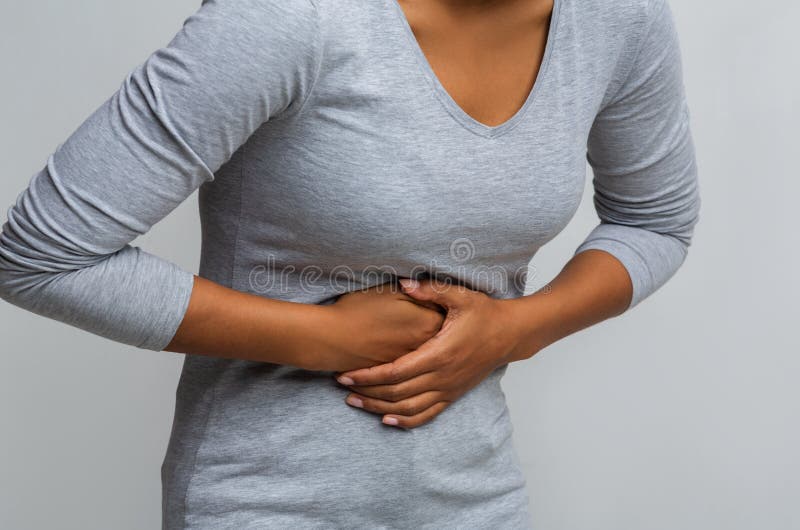Introduction
It is an erosion of the gastrointestinal mucosa due to digestive action of HCL and pepsin leading to ulceration. PUD can affect the oesophagus, stomach and duodenum. Gastric ulcer are more common.
Types of PUD
- Acute ulcers; this involves superficial structures.
- Chronic ulcers this usually involves muscular structure.
Causes of PUD
- Drugs; long-term use of nonsteroidal anti-inflammatory drugs (NSAIDs) such as ibuprofen (Advil, Motrin IB, others) and naproxen sodium (Aleve)
- Diet
- Micro-organisms; usually caused by H. pylori
- Psychological stress
- Instrumentation e.g. NG tube
- Genetic factors
- Lifestyle
Pathophysiology
Peptic ulcer occurs in the gastro duodenal mucosa due to the action of the gastric acid (HCL) and pepsin. When acid production is increased, there is mucosal damage and the irritation of this acid to the lining of the stomach produce gnawing and burning pain.
Clinical manifestations
- Pain presents as gnawing burning, dull ache or severe.
- Pain may be localized in epigastric or right hypochondriac region.
- Vomiting.
- Tenderness.
- Back pain if posterior part of duodenum, this usually occurs 2 – 4hrs after meals.
Gastric Ulcers
- Commonly affects lesser curvature close to antrum (other part ulcerate)
- Pain is aggravated by hunger
- More prevalent in women
- Usually affects age 50-60
- Common in low socioeconomic class and manual labourers
Duodenal Ulcer
- Accounts 80% of cases
- Associated with high secretion of HCL acid
- 90% of cases caused by H. Pylori
Investigations
- Endoscopy
- Barium studies
- Liver enzyme test
- Serum amylase
- Full blood count
- Stool examination
Management
With PUD, conservative treatment are usually given.
- Rest
- Diet modification
- Drugs
- Antacids
- H2 Antagonist
- Anti-secretory
- Anticholinergics; inhibiting the action of the neurotransmitter acetylcholine.
- Antibiotics
- Protein pump inhibitors
- Lifestyle modification
- Surgery
Nursing care
- Nutrition; avoid foods that aggravate the pain e.g. pepper spicy food
- Pain management; serve medication as ordered and educate patients to eat at regular times
- Conserving energy by ensuring bed rest
Indications for Surgery
- Bleeding
- Concurrent conditions
- Multiple spot ulcers
- Malignancy
- Obstruction
Read Also








0 Comments